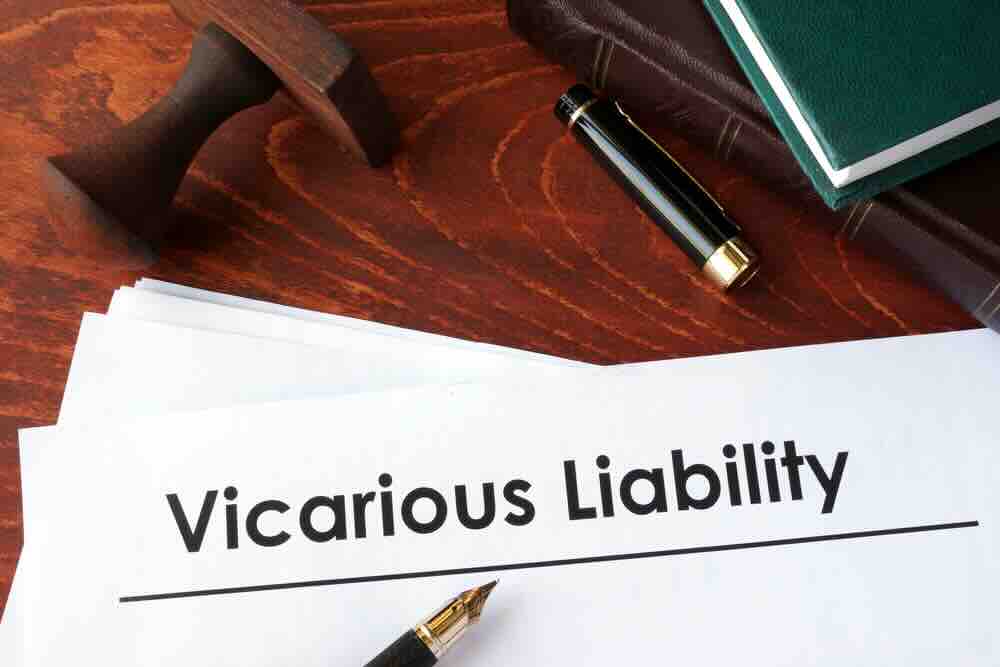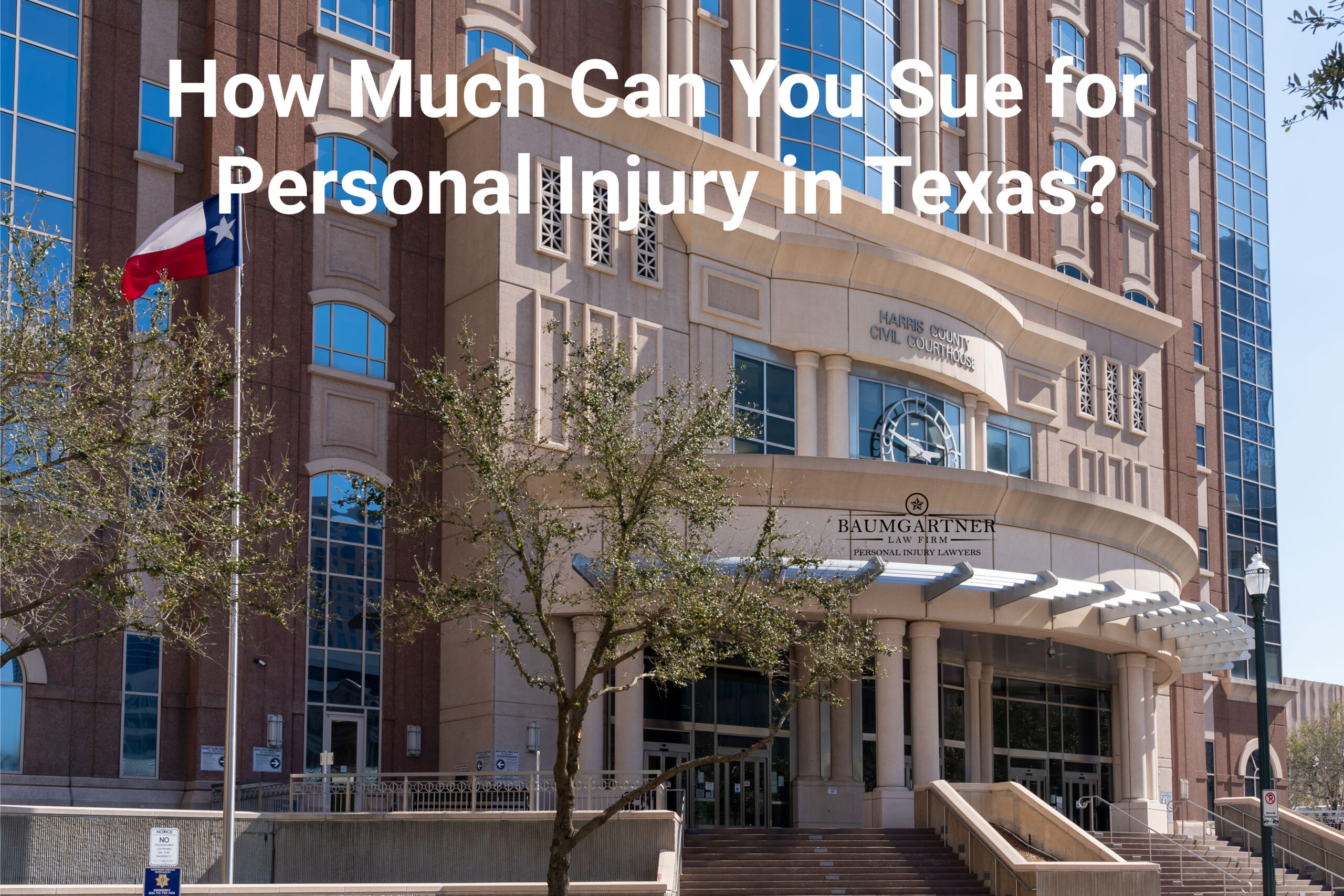Losing a loved one is a devastating experience. The pain is even more profound due to someone else’s negligence or misconduct. Here are answers to some common questions about wrongful death cases in Texas.
In such cases, a wrongful death lawsuit may be a viable option. It can provide a sense of justice and financial relief to the bereaved.
Here are Common Questions About Wrongful Death Cases in Texas
We cover the definition of wrongful death under Texas law. We’ll also discuss who can file a Texas wrongful death lawsuit and the types of damages that can be recovered.
The legal process of a wrongful death lawsuit will be outlined, including the role of a Houston wrongful death attorney in building a case and negotiating settlements.
Finally, we will guide you in selecting the right wrongful death attorney. Picking the right legal help is crucial in pursuing justice for your loved one.
Whether considering legal action or simply seeking to understand wrongful death cases, this article will serve as a comprehensive guide.
Understanding Wrongful Death in Houston
In the legal context, a wrongful death occurs when a person dies because of the negligence or misconduct of another. Negligence encompasses a wide range of scenarios, including car accidents and construction accidents.
In Houston, as in the rest of Texas, wrongful death claims are covered by statute. These laws define who can file a case, the damages that can be obtained, and the time limit for filing a wrongful death lawsuit. In Texas, the relevant law is Civil Practice and Remedies Code Section 71.
Understanding the law in Texas is crucial for anyone considering a wrongful death lawsuit. It can help you determine whether you have a valid claim and what to expect from the legal process.
What Constitutes a Wrongful Death in Texas?
In Houston, a wrongful death is defined as a death caused by the “wrongful act, neglect, carelessness, unskillfulness, or default” of another person or entity. This broad definition encompasses a wide range of situations.
For example, if a person dies in a car accident caused by a drunk driver, that could constitute a wrongful death.
It’s important to note that the plaintiff must prove their case. The burden of proof means that the person filing the lawsuit must be able to prove that the defendant’s negligence or misconduct directly caused the death.
What is The Texas Statute of Limitations for Wrongful Death?
The statute of limitations in Texas for wrongful death claims is two years. The limitations period means that a lawsuit must be filed within two years of the date of the accident causing the death.
It’s crucial to act promptly if you’re considering a wrongful death lawsuit. If you miss the deadline, you may lose your right to seek compensation for your loss.
Who Can File a Wrongful Death Claim in Texas?
In Texas, the right to file a wrongful death claim is limited to immediate family members. These include the deceased person’s spouse, children, and parents.
These family members can file a claim individually or together. If none of these individuals file a claim within three months of the death, the executor or personal representative of the deceased person’s estate may file the claim instead.
Siblings and grandparents are not allowed to claim compensation for a wrongful death in Texas, regardless of how close their relationship was with the deceased.
Eligibility: Family Members and Representatives
As mentioned, the spouse, children, and parents of the deceased are eligible in Texas to file a wrongful death claim. Children include both biological and adoptive relationships.
Adult children can file a claim for the wrongful death of a parent, and vice versa. Similarly, a surviving spouse can file a claim even if they were separated from the deceased at the time of death.
It’s essential to note that these rules can be challenging to comprehend and may vary depending on the specific details of each case. Therefore, it’s advisable to consult with a Houston wrongful death attorney to understand your rights and eligibility.
Understanding the Role of Executors and Estates
In some cases, the executor or personal representative of the deceased person’s estate may file a wrongful death survival claim.
The executor or personal representative is usually appointed in the deceased person’s will. If no will exists, the court may appoint someone to serve in this role. Ordinarily, a family member will file for the estate.
The role of the executor or personal representative in a wrongful death claim is to represent the interests of the estate. This includes seeking compensation for any personal injury damages the deceased may have suffered before death, like pain and suffering, medical bills, and lost income.
What are the Types of Damages in Texas Wrongful Death Cases?
In a wrongful death lawsuit, damages are meant to compensate the family for the losses suffered due to the death. These damages can be divided into two main categories: economic and non-economic damages.
Economic damages are the financial loss from the death. Economic damages include medical expenses incurred before the death, funeral and burial costs, loss of the deceased’s income, and loss of inheritance.
Non-economic damages, on the other hand, are meant to compensate for the non-financial impacts of the death. Economic damages include pain and suffering, loss of companionship, mental anguish, and the like.
In some cases, punitive damages may also be awarded. Punitive damages, called exemplary damages in Texas, are to punish the wrongdoer and deter others in the future.
Economic and Non-Economic Damages
Economic damages in a wrongful death case are relatively straightforward. They are calculated based on the actual financial losses resulting from the death, like any medical bills related to the deceased’s final illness or injury, funeral and burial costs, and the loss of the deceased’s expected earnings.
Non-economic damages, however, are more subjective. They are meant to compensate for the emotional pain and suffering experienced by the surviving family members. Non-economic damages can include compensation for grief, loss of companionship, and mental anguish. Non-economic damages are the largest part of most wrongful death settlements.
It’s important to note that calculating case value is an art and requires the expertise of a skilled wrongful death attorney.
The Possibility of Punitive Damages
In some wrongful death cases, exemplary damages may be awarded. Also known as punitive damages, these are not meant to compensate the family for their loss. Instead, they are intended to punish the wrongdoer and deter similar conduct in the future.
Punitive damages are only awarded in cases where the defendant’s conduct was particularly egregious or reckless. For example, if the death was caused by a drunk driver or a company knowingly selling a dangerous product, punitive damages may be awarded.
However, punitive damages are not awarded in every wrongful death case. The decision to award punitive damages is at the court’s discretion, and the standards for awarding these damages are quite high.
What is The Legal Process of a Wrongful Death Lawsuit?
The legal process of a wrongful death lawsuit can be complex and emotionally draining. It involves several steps, from filing the claim to potentially going to trial. Understanding this process can help you prepare for what lies ahead.
The first step in a wrongful death lawsuit is filing the claim. Filing a wrongful death case involves drafting a legal document known as a complaint, which outlines the basis for the lawsuit. The complaint is then filed with the court and served to the defendant.
The investigation and evidence-gathering phase is ongoing after a fatal accident. Investigation is a crucial part of the process, as the evidence gathered will form the basis of your case.
Sometimes, a wrongful death lawsuit may be settled out of court. However, the case may go to trial if a settlement cannot be reached.
Filing the Claim: First Steps
The first step for filing a wrongful death lawsuit is filing the case and drafting a legal document known as a plaintiff’s original petition. The complaint outlines the basis for the lawsuit, including the facts of the case and the damages being sought.
Once the complaint is drafted, it is filed with the court. Filing officially starts the lawsuit. The complaint is then served to the defendant, notifying them of the lawsuit.
It’s important to note that there are strict deadlines for filing a wrongful death claim, known as the statute of limitations. In Texas, the statute of limitations for wrongful death claims is typically two years from the date of death.
Investigation and Evidence Gathering
The investigation and evidence-gathering phase collects all relevant information to support your case. Documentation can include medical records, police reports, witness statements, and any other evidence that can help prove negligence.
In some cases, expert witnesses may be called upon to provide testimony. Experts can include medical, accident reconstruction, and financial experts.
The evidence gathered during this phase will form the basis of your case. Gathering as much evidence as possible is crucial to building a strong case.
Settlements vs. Trial: Which is Best?
Sometimes, a wrongful death lawsuit may be settled out of court. Settlement typically involves negotiations between the plaintiff’s and the defendant’s attorneys. If a settlement is reached, the case ends there.
However, the case may go to trial if a settlement cannot be reached. Both sides will present their case during a trial, and a jury or judge will decide.
It’s essential to note that going to trial can be a lengthy and costly process. However, a trial may sometimes be necessary to achieve justice for your loved one.
How to Select the Right Houston Wrongful Death Attorney
Choosing the right wrongful death attorney in Houston is crucial in your journey toward justice. The attorney you choose will play a significant role in the outcome of your case.
There are several factors to consider when choosing a wrongful death attorney. These include the attorney’s experience with fatal accident cases, track record, and reputation.
It’s also important to consider the attorney’s fees and costs.
Finally, it’s important to choose an attorney you feel comfortable with. You’ll often work closely with this person during a difficult time.
Experience and Track Record
When selecting a wrongful death attorney, one of the first considerations should be their experience and track record. An experienced attorney will have a deep understanding of wrongful death law in Texas. They’ll know how to navigate the legal system and build a strong case on your behalf.
A strong track record is also important.
Other wrongful death wins demonstrate that the attorney has a proven track record of success. They’ve been able to secure favorable outcomes for their clients.
When considering an attorney’s track record, look at their settlements and verdicts. Results will give you a sense of their ability to negotiate settlements and their performance in court.
Understanding Attorney Fees and Costs
Another important factor to consider when choosing a wrongful death attorney is their fees and costs. Most wrongful death attorneys work on a contingency fee basis. Contingent fees mean they only get paid if they win your case.
The fee is usually a percentage of the settlement or verdict. This percentage can vary, so discussing this with the attorney upfront is important.
In addition to the contingency fee, other costs may be associated with your case. These can include court fees, expert witness fees, and costs for obtaining medical records. Ensure you understand what costs you may be responsible for, even if you don’t win your case.
Frequently Asked Questions
When dealing with a wrongful death case, many questions can arise. Here, we address some of Houston’s most common queries related to wrongful death lawsuits.
How Are Wrongful Death Settlements Calculated?
Calculating wrongful death settlements can be complex. It involves several factors. These include the deceased’s income, expected future earnings, and the impact on their family.
Non-economic damages, such as pain and suffering, are also considered when the victim lived for a time after the accident. These are more subjective and can vary greatly from case to case. An experienced wrongful death attorney can help you understand how these factors apply to your case.
Can Multiple Parties Be Held Liable?
In some wrongful death cases, multiple parties can be held liable. Many defendants can occur if more than one party contributes to the death. For example, in a multi-vehicle auto accident, more than one vehicle may share responsibility.
Determining liability can be complex. It often requires a thorough investigation and expert testimony. A skilled wrongful death attorney can help identify all potential defendants in your case.
What is the Impact of Comparative Negligence in Texas
Texas follows a modified comparative negligence rule. Shared fault means that if the deceased was partially at fault for their death, the compensation may be reduced. The reduction corresponds to their percentage of fault.
For example, if the deceased were found to be 40% at fault, the compensation would be reduced by 40%. However, no compensation may be awarded if the deceased was more than 50% at fault.
Is There a Difference Between a Wrongful Death Claim and a Survival Action
A wrongful death claim seeks compensation for the survivors’ loss. These damages include lost wages from the deceased, lost companionship, mental anguish, and suffering for the loss of a loved one. Mental suffering is often the largest part of a wrongful death case.
On the other hand, a survival action is brought by the deceased’s estate. It seeks compensation for the pain and suffering the deceased endured before death and medical and funeral expenses. Both claims can be brought simultaneously in the state of Texas.
Seeking Justice for Your Loved One
Losing a loved one is a devastating experience. Pursuing a wrongful death claim can be a way to seek justice and secure financial stability for the future. It’s a step towards healing and honoring your loved one’s memory.
While the legal process can be challenging, you don’t have to face it alone. Support is available.
Contact Information for Top-Rated Houston Wrongful Death Attorneys
If you’re considering a wrongful death lawsuit, it’s crucial to consult with experienced Houston wrongful death attorneys. Our wrongful death law firm can provide guidance, answer your questions, and help you navigate the legal process.
Don’t hesitate to reach out. The right legal support can significantly impact your case and your journey towards justice. Contact Baumgartner Law Firm for your free case consultation.
Contact the Houston personal injury law firm of Baumgartner Law Firm at (281) 587-1111.
Baumgartner Law Firm
6711 Cypress Creek Pkwy
Houston, TX, 77069
Visit Our Law Firm in Houston
Related Resources:













